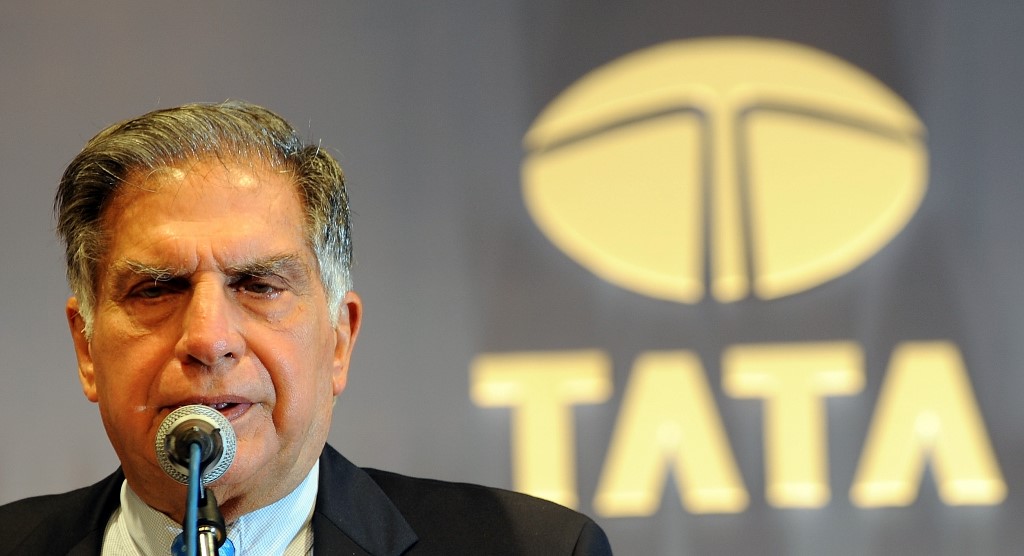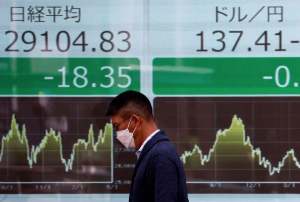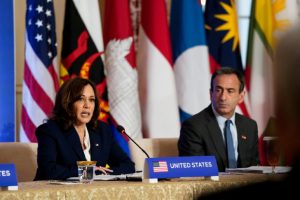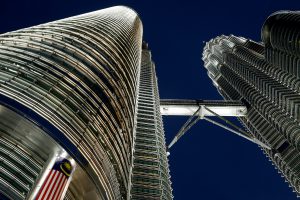In a new twist to the long-standing and bitter dispute with the Tata group, the Shapoorji Pallonji (SP) Group, owned by the billionaire Mistry family, has announced that it will severe its ties with the Tatas, provided a quick and equitable solution can be reached.
The statement came hours after the Tata Group, in an unexpected announcement, said it was ready to buy out the SP Group’s stake.
The news was startling because just two weeks ago, the Tata conglomerate had moved the Supreme Court, India’s apex court, to stall SP Group’s plan to raise funds by pledging shares from its stake in the Tata Group.
So, while the “poignant decision” may bring an end to the ongoing battle between the two groups, it is hard to tell if the exit process will lead to a new set of troubles for both.
Experts say the Tatas will be compelled to reduce their equity holding, or pledge equity, or allow other investors into the group’s companies, to provide an exit fo the SP Group. And those options could reduce the Tatas’ financial flexibility and heighten performance pressures.
For the SP Group, which is under immense pressure to raise capital in the wake of the pandemic’s impact, extracting $24 billion – its asking price for its stake in Tata Sons – may lead be a new round of heartburn.
A bitter battle
The Tatas and the Mistry family have been embroiled in legal disputes over the rights of minority shareholders ever since Ratan Tata, the group patriarch, took back control of after abruptly removing Cyrus Mistry, the SP Group’s controlling shareholder, as chairman of the $100-billion IT-to-steel business empire.
The Mistry family owns 18.5 per cent in Tata Sons – the Tata Group’s holding company – while Tata Trusts and other Tata group companies hold the rest.
The Tatas said that the ouster was linked to performance issues. According to Mistry however, he was removed in October 2016 for an attempt to implement governance reforms in a business empire that he claims is still mismanaged.
“As the largest minority shareholder, the role hitherto played by the SP Group, was always one of guardianship with an aim to protect the best interests of the Tata group,” the SP Group said in its statement on Tuesday announcing the decision to part ways.
Read more: Former Tata Sons head goes to Supreme Court
It claimed that while the SP Group had always used its voting rights as a shareholder for the best interest of the Tata Group, the current leadership was not only continuing to make decisions destructive to business value, but also hurting minor shareholders, be it the SP Group, or millions of shareholders in the Tata Group’s listed companies.
The Tata Group’s efforts to suppress and “inflict harm” on the SP Group, in the midst of a global crisis triggered by the Covid-19 pandemic, had impacted the livelihoods of the wider SP Group community, the Mistrys alleged.
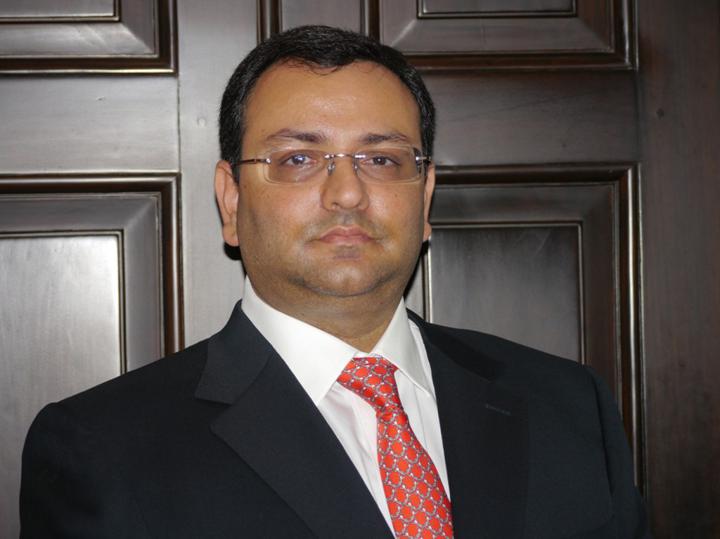
Cyrus Mistry in a file photo from 2013 (AFP).
New troubles
However, according to Institutional Investor Advisory Services (IIAS ), a proxy advisory firm, the parting of Tata and SP is bound to create fresh trouble for both.
The Tata Group is uniquely structured: it is essentially a philanthropic entity that runs a commercial business. While a charitable unit, Tata Trusts exert control over the group holding company Tata Sons, this holding company controls all operating companies in the Group, which is India’s top household name, synonymous with everything from salt to tea to cars.
Read more: Indian car sales plunge amid lockdown
Tata Sons plays an intermediary role, pushing for performance by the operating companies and supporting the Tata Trusts’ goals.
This structure worked beautifully for several decades with the support of the SP Group. That was because the residual equity in Tata Sons was held by charitable trusts and these were not allowed to vote with their equity shares until 2000, which resulted in the SP Group effectively becoming caretakers of the group.
The SP Group had more power than it asserted and the foundation of how Tata Sons and the group operated was built on the 70 years of ancestral relationship between the Tatas and the Mistrys.
Because the structure worked, it was rarely questioned – until the defenestration of Cyrus Mistry. The subsequent battle between him and the Tata group has embroiled Tata Sons and the rest of the listed companies with it, leading to this news of a split.
With the SP Group ready to sever ties with the Tatas, Tata Sons needs to buy out the SP Group’s 18.37% stake, which is conservatively valued at $20 billion, but the Mistrys expect $24 billion.
So, two possible scenarios have been envisaged on how the deal may play out, IIAS says.
First, Tata Sons may need to sell stakes in group companies that not only reduce the Group’s holding in its companies, but will also lower future cashflows.
Or, Tata Sons can sell non-core assets and pledge equity in its listed companies to raise debt. In doing so, the group will reverse two years of work to reduce debt and shore up shareholding in listed companies, while disentangling holdings across the group. The group will get saddled with more debt, which could make it more vulnerable.
“In all these scenarios, there will be increased performance pressures on the operating companies of the Tata Group. These pressures will likely drive cultural change: one that is tougher, more commercial and focussed on a single bottom-line,” IIAS said.
For the SP Group too, there are several uncertainties on how this will play out.
According to the Mistrys, the 150-year-old SP Group is the second largest construction group in the country. And it is in midst of executing projects of national significance in India and abroad.
So, SP Group needs to raise funds to meet the crisis arising from the global pandemic, and to protect the livelihoods of its 60,000 employees and over 100,000 migrant workers.
Analysts say if the Tata Group is unable to, or refuses to, pay the Mistrys’ asking price of $24 billion for its 18.37% stake, it won’t able to discharge an estimated $9 billion-plus of liabilities.
As the IIAS said: “This is a historic yet sombre moment for corporate India.”




